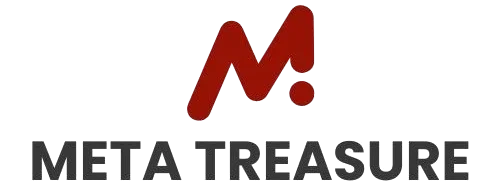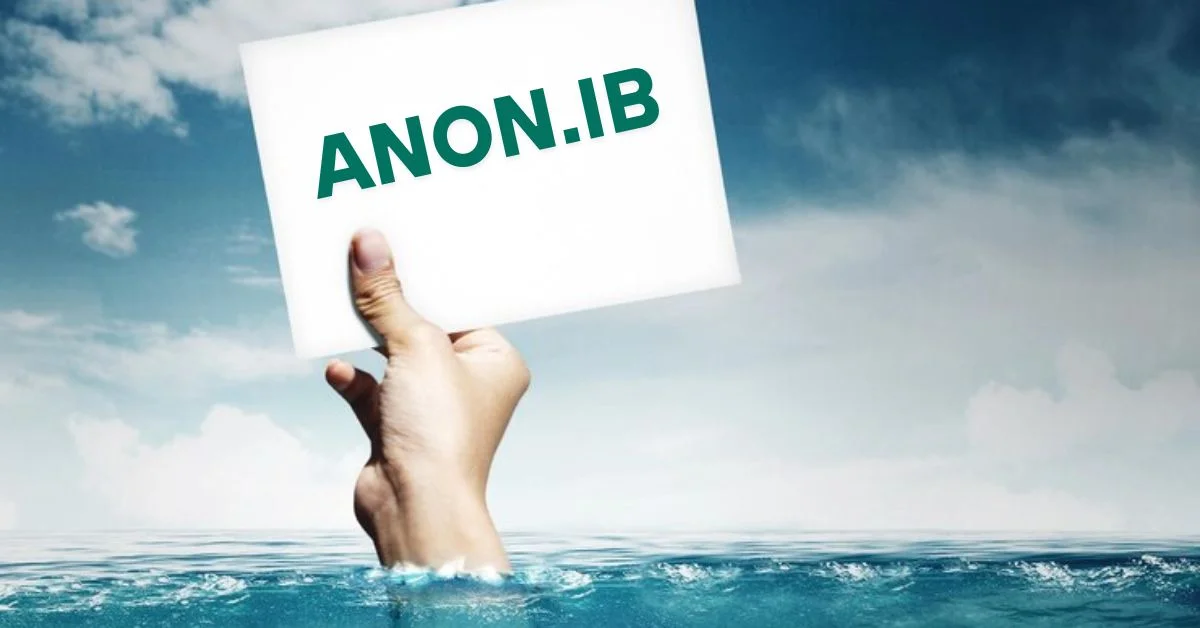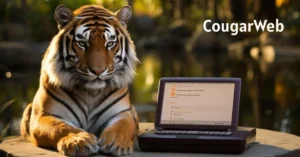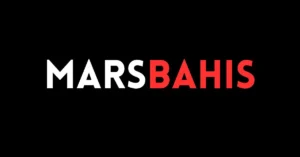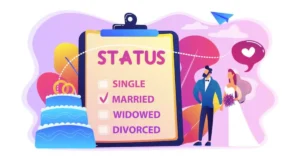Anon.ib was a notorious anonymous image board that gained global attention for its controversial content, largely due to its association with non-consensual and explicit material. Although the site has since been shut down, its legacy continues to raise critical conversations about internet anonymity, content moderation, and digital ethics. For anyone curious about the origins, purpose, and eventual takedown of Anon.ib, understanding its history is a key step toward comprehending the darker complexities of anonymous internet culture.
In this article, we examine what Anon.ib was, how it functioned, its broader societal impact, and what its rise and fall can teach us about the evolving landscape of online communities.
Introduction to Anon.ib
Anon.ib was an anonymous image board that mirrored platforms like 4chan but had a darker reputation due to its user-generated content. While image boards are often used for sharing memes, fan art, and niche discussions, Anon.ib deviated from that model and became a hub for explicit content—some of it shared without consent.
Founded in the early 2010s, Anon.ib operated under the guise of anonymity. It encouraged users to post images and comments freely, without registration or user identification. This setup, while appealing for privacy advocates and free speech supporters, also enabled malicious behavior, including the spread of illegally obtained personal images.
READ MORE: Blessed Hands: A Deeper Look at the Gift That Transcends Professions and Cultures
How Anon.ib Functioned
Anon.ib was a “chan-style” image board—similar in format to forums like 8chan and 4chan. The primary feature of the site was its board-based layout, segmented by topics, interests, or geographical regions. Unlike Reddit, which uses a voting system and user profiles, Anon.ib allowed total anonymity, making moderation nearly impossible.
Each thread was typically initiated by a post containing an image, which other users would then comment on or contribute to. These images were not moderated before being posted, which is one of the key reasons the platform became infamous.
Features included:
- Anonymous Posting: No usernames or accounts.
- Thread Expiry: Older threads were automatically deleted.
- Loose Moderation: Very limited rules or restrictions.
- Geotagged Boards: Some boards focused on specific countries or regions, creating clusters of location-based content.
Why Anon.ib Gained Notoriety
Anon.ib’s infamy can be traced to its role in the dissemination of non-consensual intimate images. These images were often stolen from cloud storage, social media, or personal devices and then shared without the consent of the individuals depicted.
Some reasons for its notoriety include:
- “Wins” Culture: Threads often focused on sharing explicit images referred to as “wins,” usually of unsuspecting individuals.
- Solicitations: Users frequently requested content related to specific individuals or regions, encouraging a community-led invasion of privacy.
- High-Profile Cases: The site was mentioned in numerous legal cases and law enforcement investigations involving sexual exploitation.
In effect, Anon.ib became synonymous with a type of digital voyeurism that crossed legal and ethical lines.
Legal and Ethical Implications
The legal issues surrounding Anon.ib were severe. While the platform itself operated in legal gray zones, many of the actions of its users were clearly illegal.
Key issues included:
- Revenge Porn: The sharing of intimate images without consent.
- Underage Content: Some users posted illegal images, leading to criminal investigations.
- Data Breaches: Some content stemmed from hacks or leaked data.
Ethically, Anon.ib raised pressing questions:
- Should complete anonymity be allowed on platforms?
- Who is responsible for user-posted content?
- Can free speech exist without limitations in the digital realm?
Many privacy rights groups cited Anon.ib as a case study in the abuse of anonymity, and governments were eventually compelled to act.
Government Response and Site Takedown
In 2018, Anon.ib was officially taken down as part of an international investigation coordinated by Europol, the FBI, and national law enforcement agencies. The site’s administrators and several users were arrested on charges ranging from possession of child exploitation material to distribution of non-consensual images.
The takedown represented a shift in how governments deal with internet crime. The cooperation between agencies demonstrated a global acknowledgment of the harms such platforms cause.
Following the shutdown, many copycat sites attempted to resurrect Anon ib, but none have sustained the original’s user base or notoriety—partially due to more aggressive monitoring and public awareness.
The Psychology Behind Anonymous Platforms
To understand Anon ib, it’s important to explore the psychology of online anonymity. Psychologists describe a phenomenon called the online disinhibition effect—people behave in ways online they wouldn’t in person, due to anonymity, invisibility, and lack of authority.
Factors contributing to problematic behavior include:
- Lack of Consequences: Users feel shielded from real-world punishment.
- Group Mentality: An echo chamber can normalize harmful behavior.
- Curiosity and Voyeurism: The forbidden nature of content attracts attention.
These dynamics make moderation particularly challenging and raise questions about platform accountability.
Comparisons with Other Image Boards
Anon ib was not the only image board with controversial content, but it was among the most infamous.
| Platform | Key Features | Controversies | Status |
|---|---|---|---|
| 4chan | Anonymous posts, diverse boards | Radical political content, harassment | Active |
| 8chan | Extreme free speech, unmoderated | Mass shooting manifestos | Shut down (2019) |
| Anon.ib | Geo-tagged boards, image sharing | Non-consensual explicit content | Shut down (2018) |
While these platforms share structural similarities, Anon ib’s emphasis on sexually explicit, location-specific content made it uniquely problematic.
Lessons for the Future of Internet Anonymity
Anon.ib offers a cautionary tale about the dangers of unchecked anonymity and the consequences of poor content moderation. While anonymity online can protect whistleblowers and political dissidents, it can also shield harmful actors.
Key takeaways include:
- Accountability Matters: Platforms need a system for tracking and punishing abuse.
- Stronger Moderation Tools: AI and human moderators must work together.
- User Education: People need to understand the ethical dimensions of digital sharing.
The shutdown of Anon ib did not end anonymous abuse online, but it did signal that such behavior would no longer be tolerated without consequence.
READ MORE: What Is Lillienu? Understanding the Meaning, Context, and Cultural Roots
Protecting Yourself in the Age of Digital Exposure
Even with Anon ib gone, the risk of digital exposure remains. Individuals must take steps to protect their privacy.
Tips for Protecting Your Digital Identity:
- Use Strong Passwords: Enable two-factor authentication.
- Be Mindful of What You Share: Once online, content can be copied forever.
- Avoid Cloud Storage for Sensitive Content: If necessary, encrypt files.
- Report Abusive Content: Platforms and authorities now respond faster to takedown requests.
- Regularly Audit Your Digital Footprint: Search your name, images, and profiles for unauthorized use.
As society becomes more connected, digital hygiene is no longer optional—it’s essential.
CONCLUSION
Anon.ib serves as a stark reminder of what can go wrong when technology evolves faster than regulation. As we build the next generation of online platforms, ensuring they are safe, ethical, and respectful of human rights must be our collective priority.
FAQs About Anon.ib
1. What was Anon.ib used for?
Anon.ib was an anonymous image board used for sharing user-generated content, including many non-consensual explicit images.
2. Is Anon.ib still online?
No, Anon.ib was shut down in 2018 following an international law enforcement investigation.
3. Why was Anon.ib controversial?
It gained notoriety for hosting and encouraging the sharing of intimate images without consent, including underage content.
4. Are there any legal repercussions for using sites like Anon.ib?
Yes. Users involved in uploading, sharing, or soliciting illegal content can face severe legal consequences, including imprisonment.
5. What can we learn from the Anon.ib case?
It highlights the importance of content moderation, digital ethics, and the potential dangers of total online anonymity.
